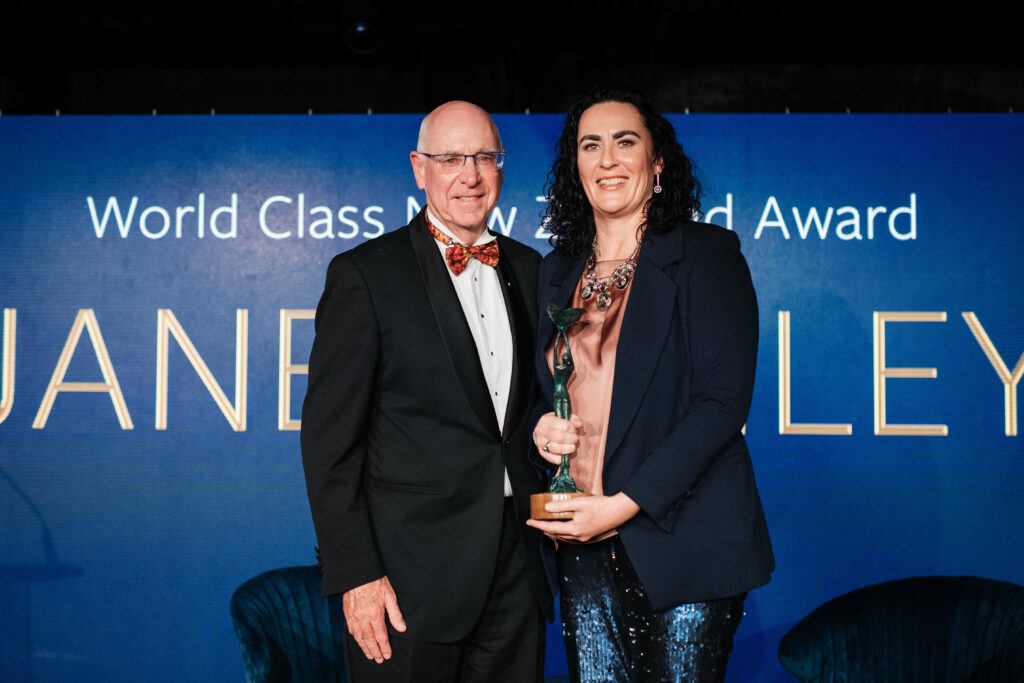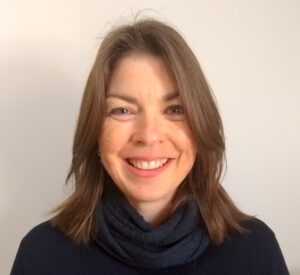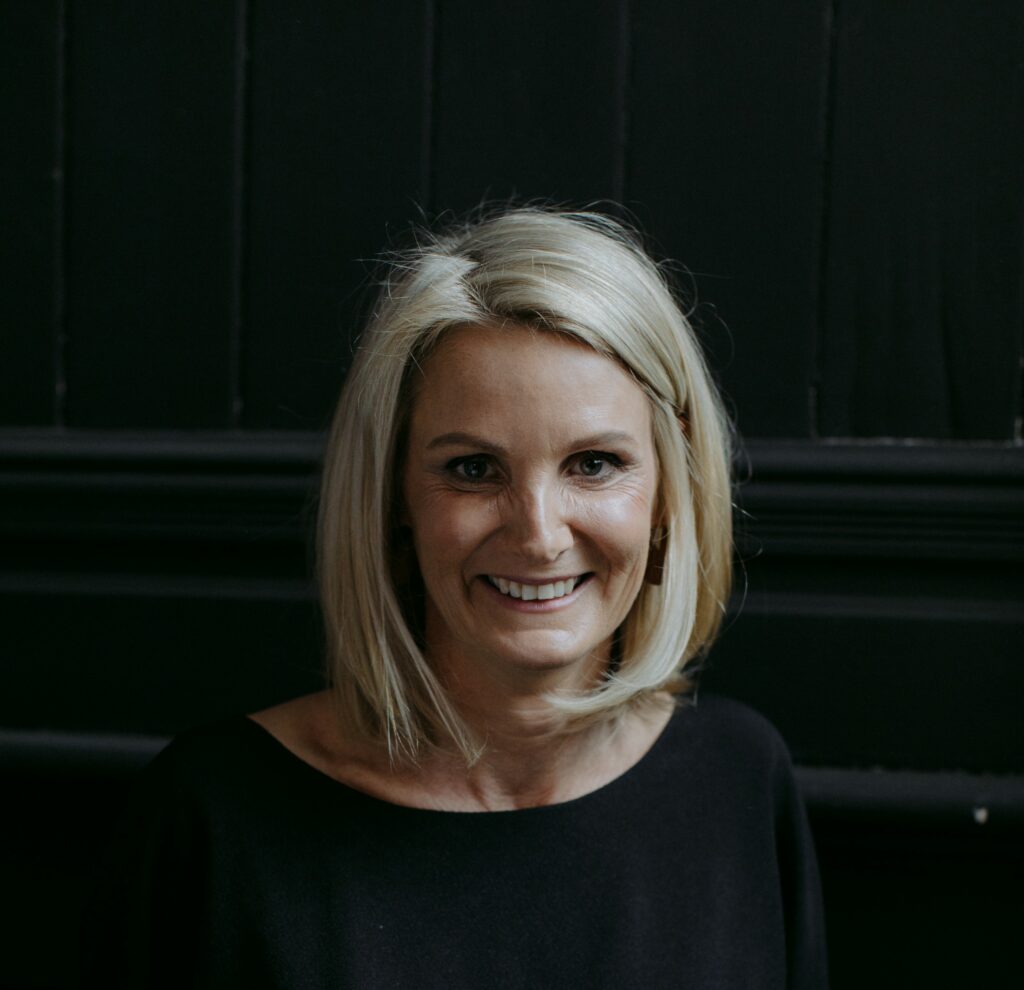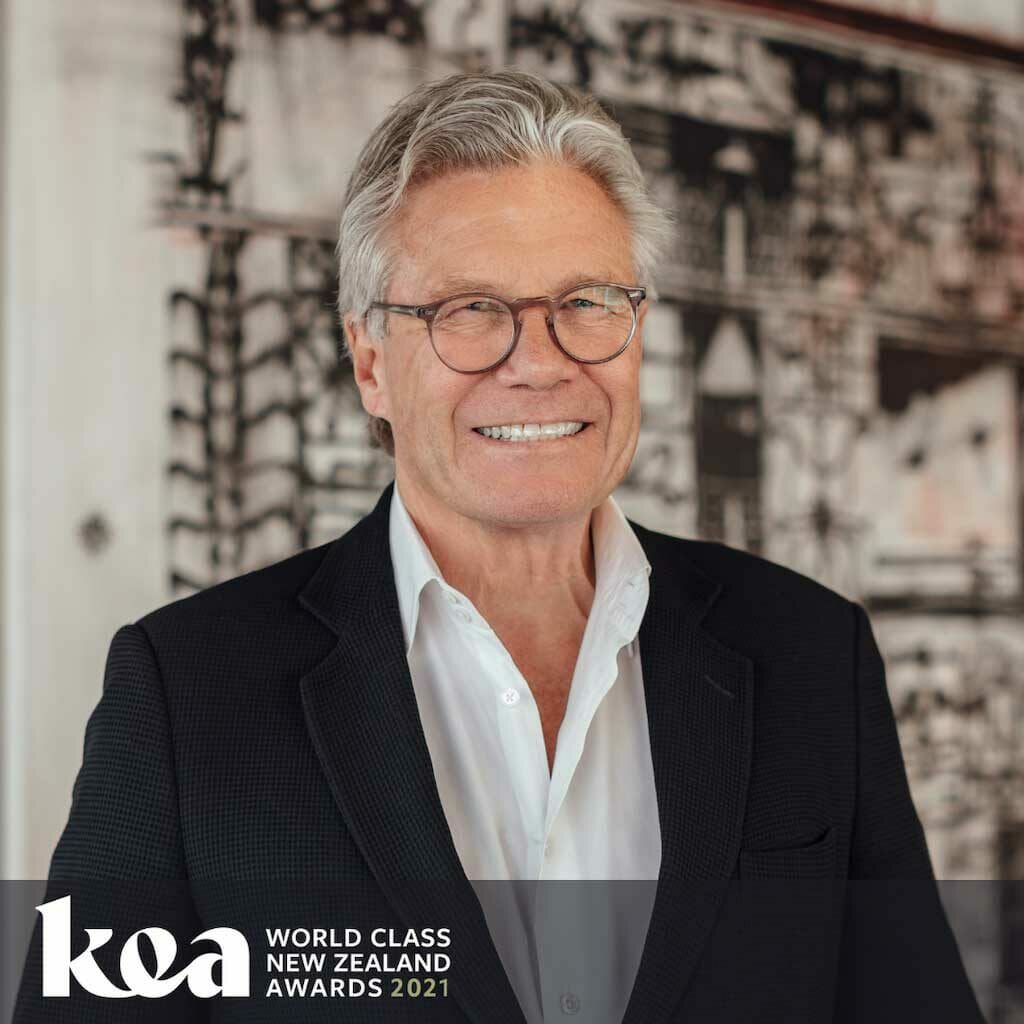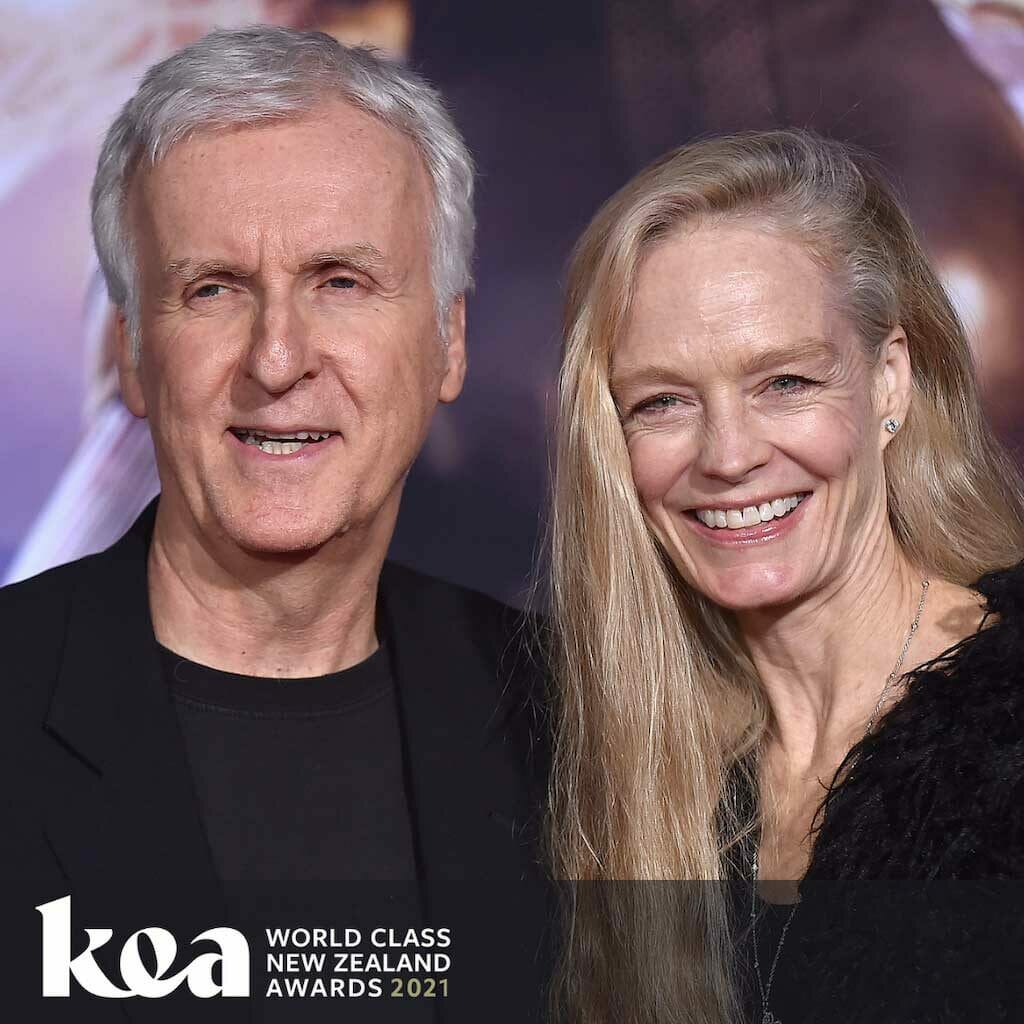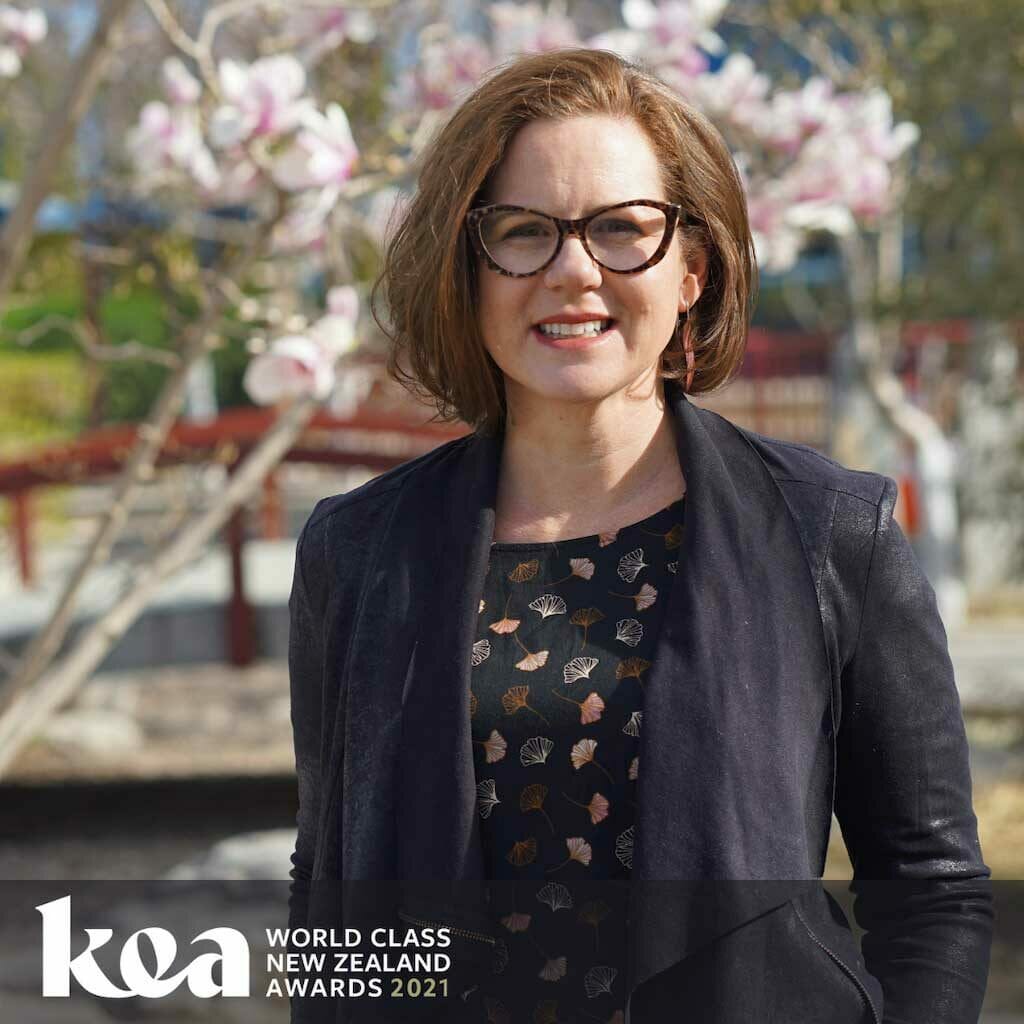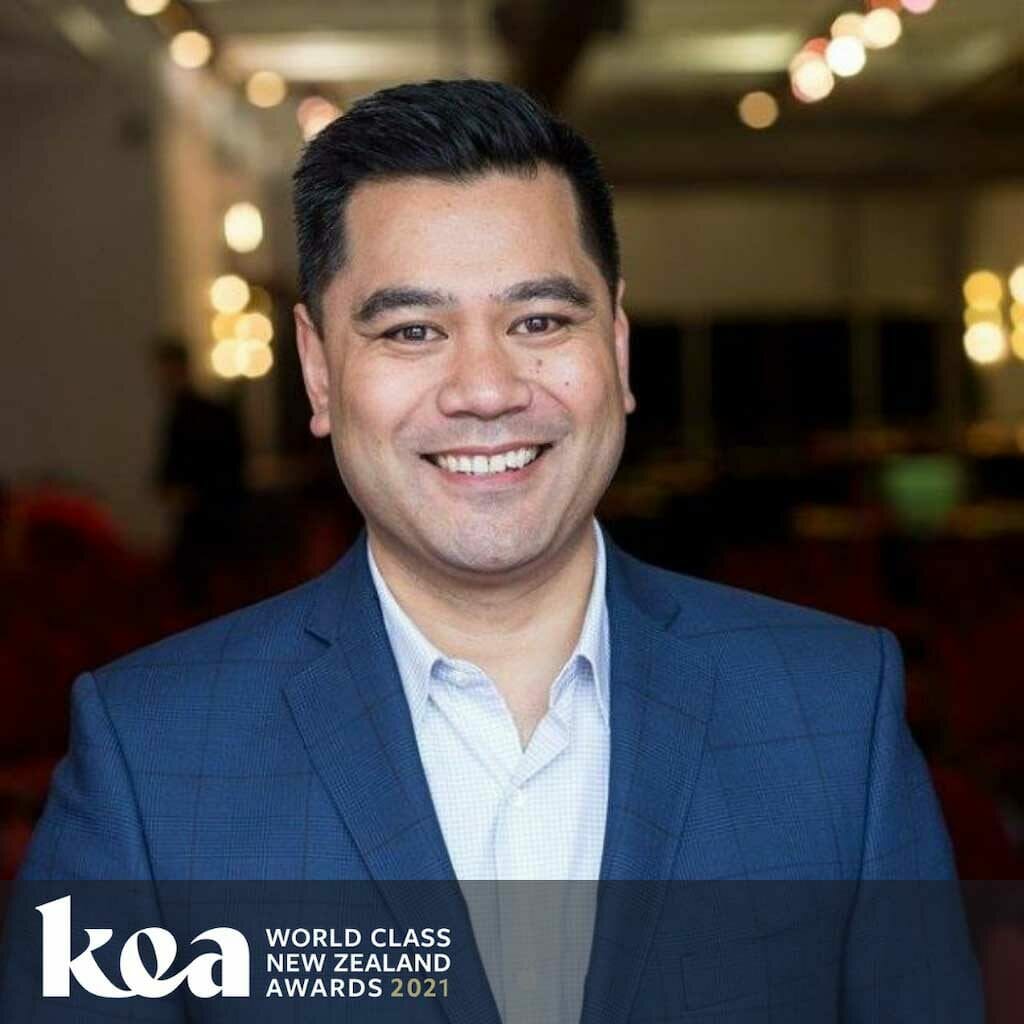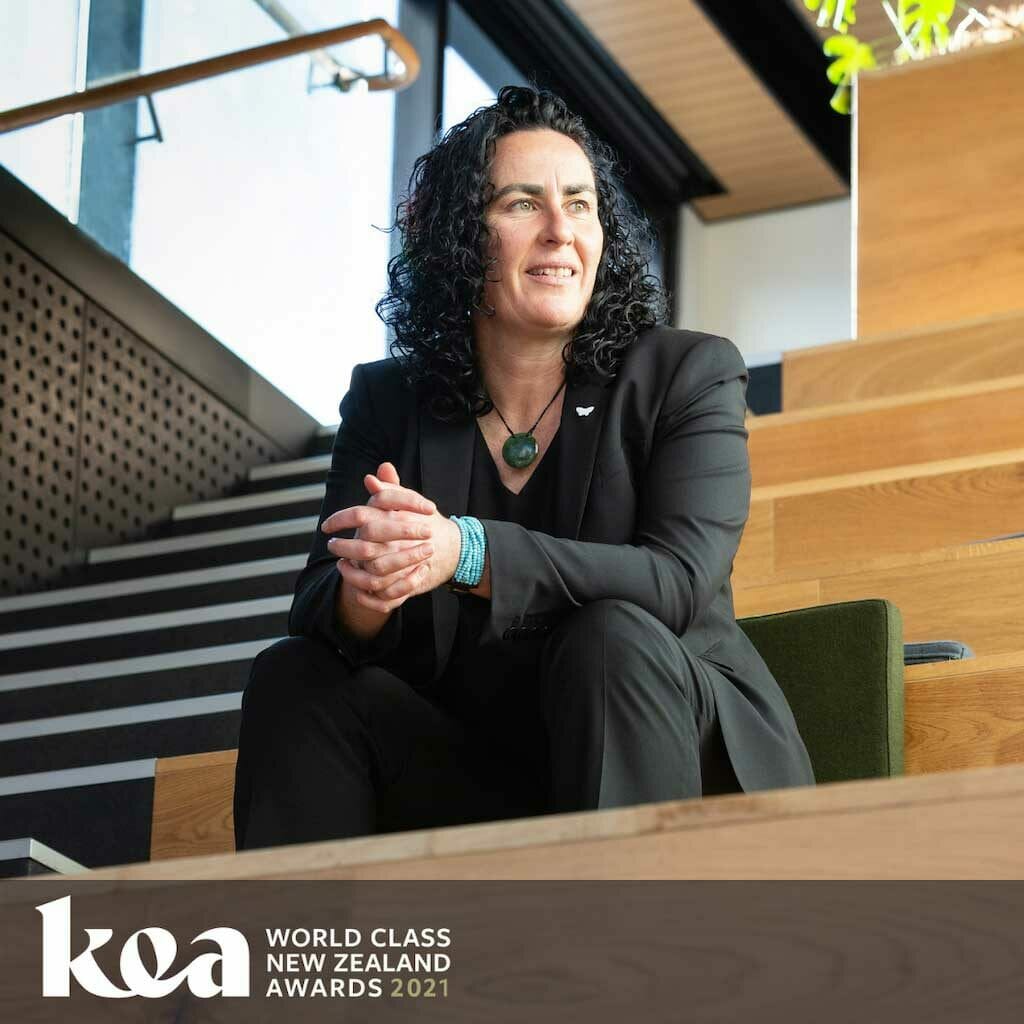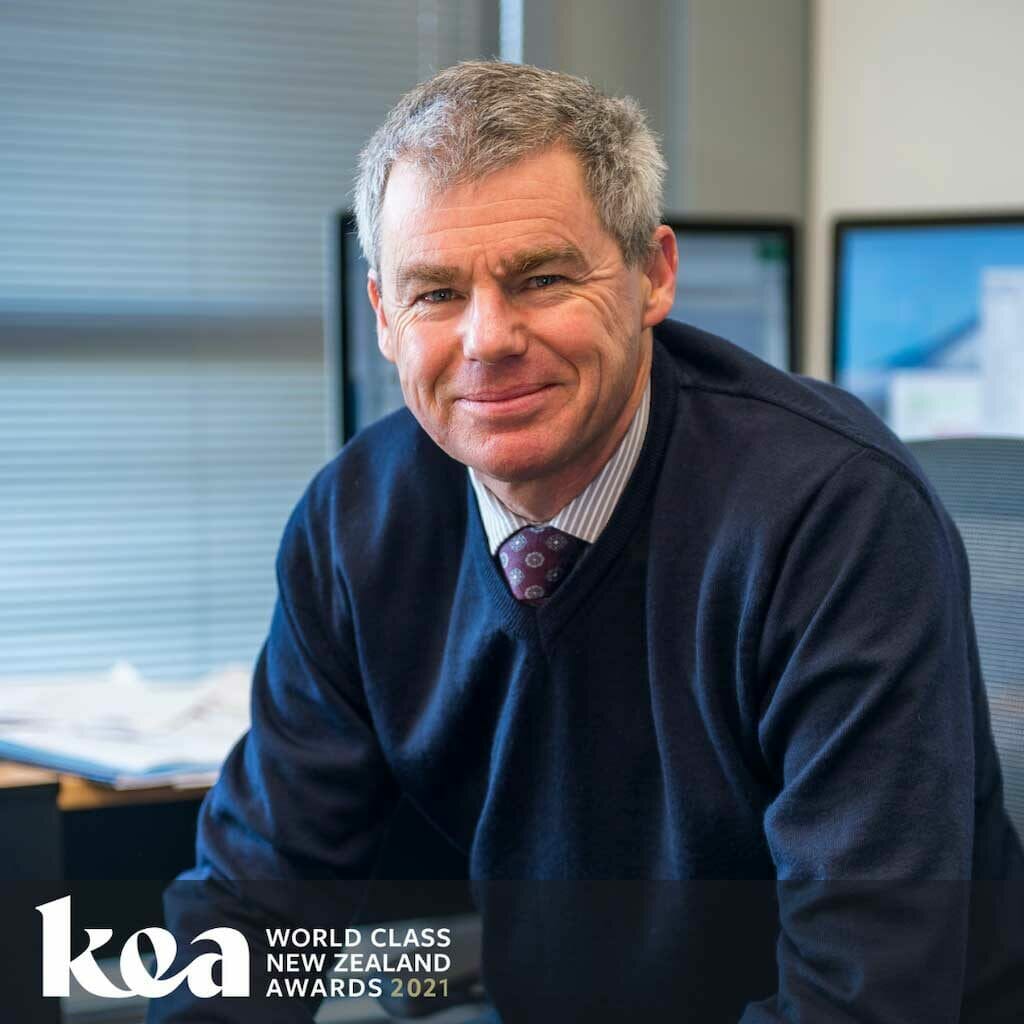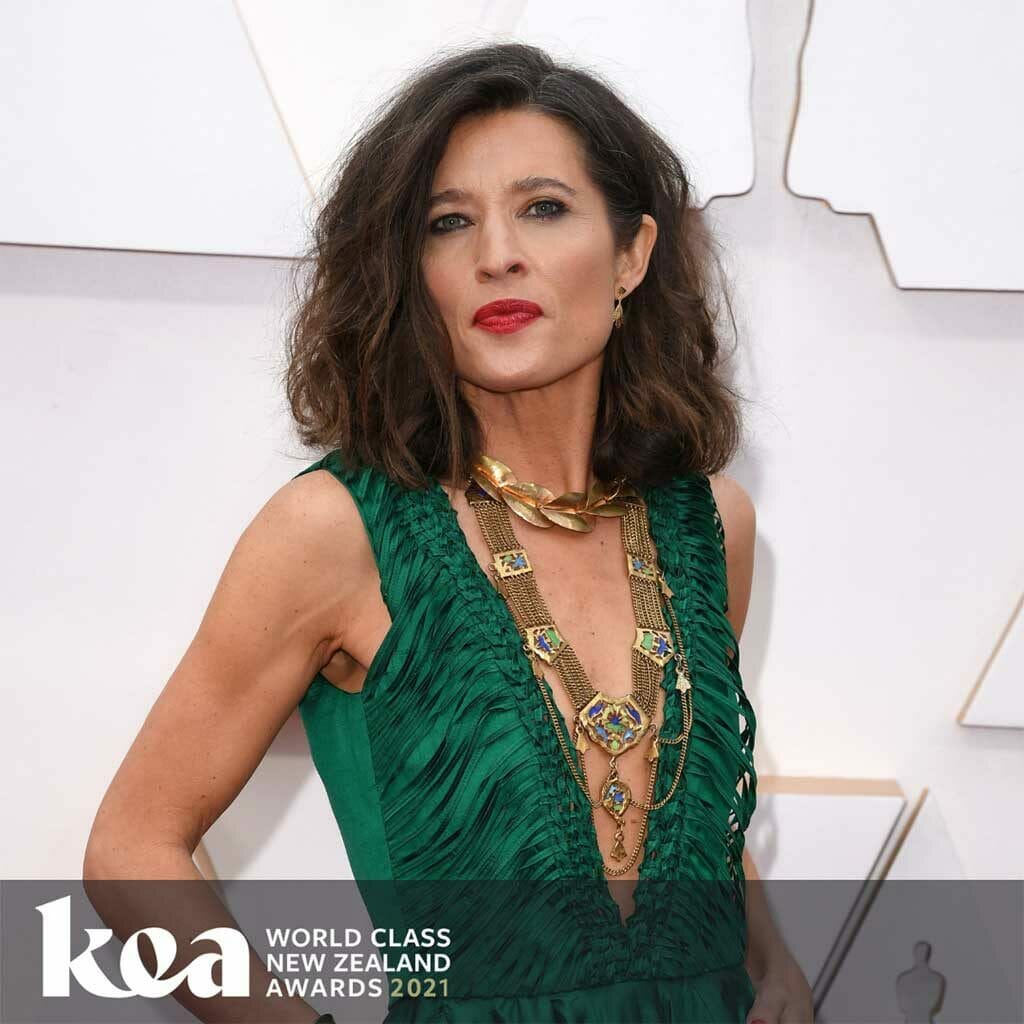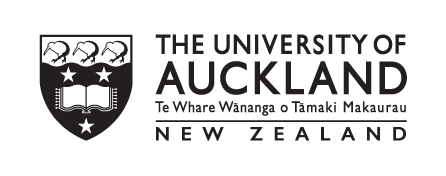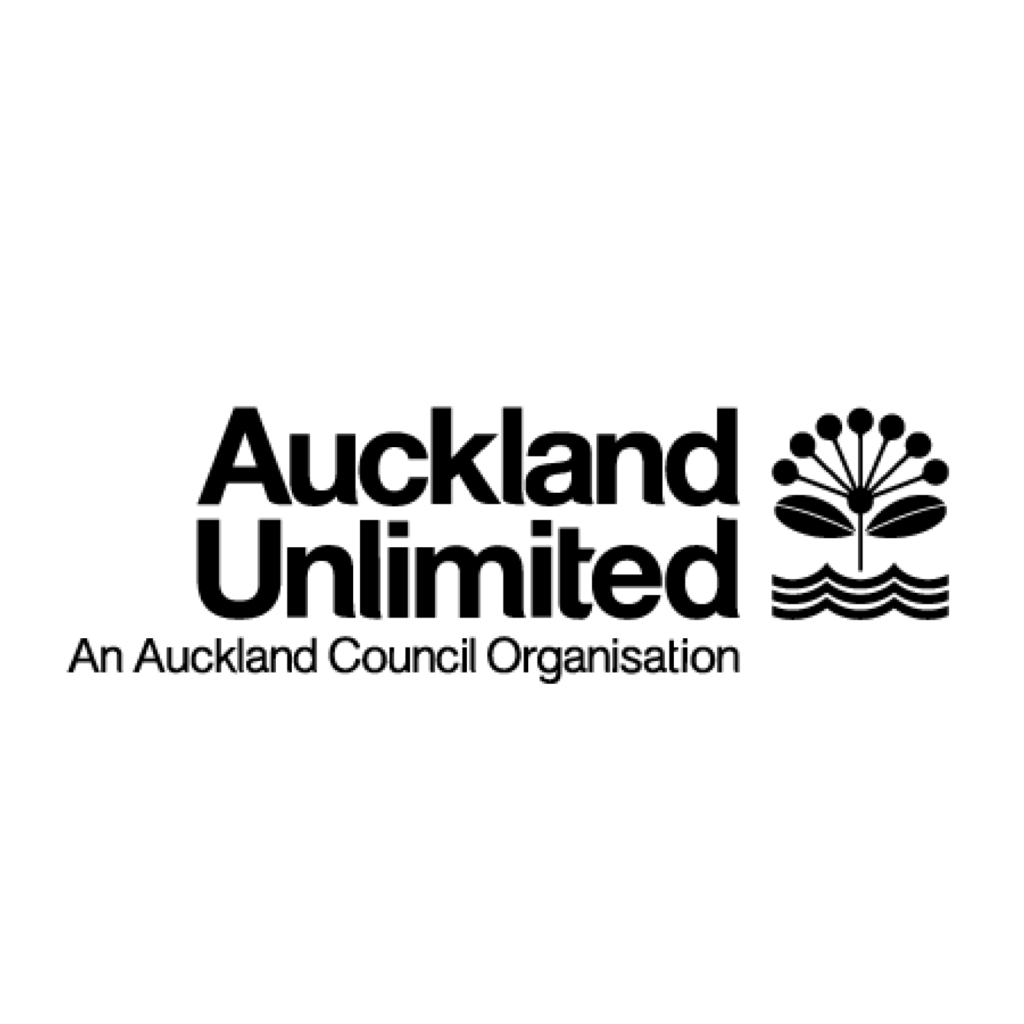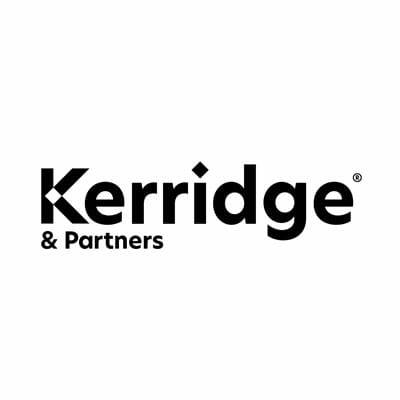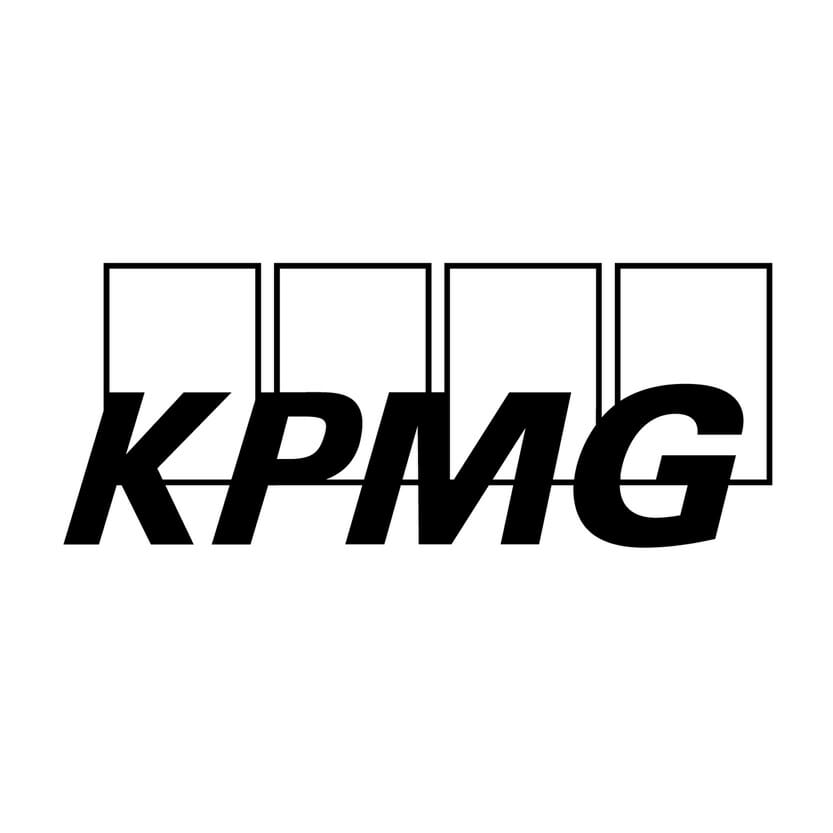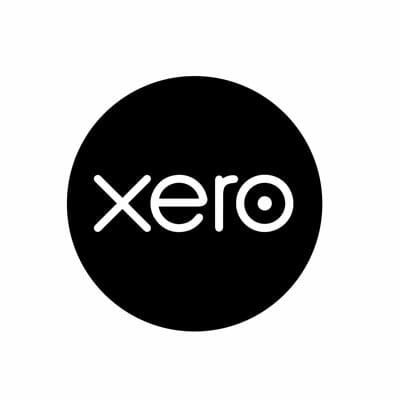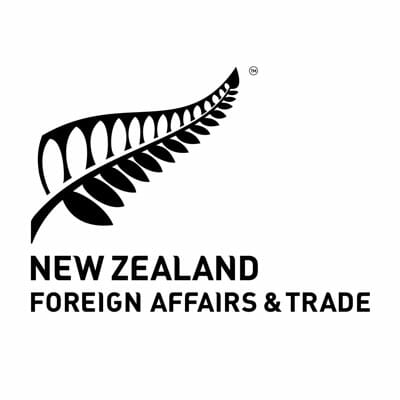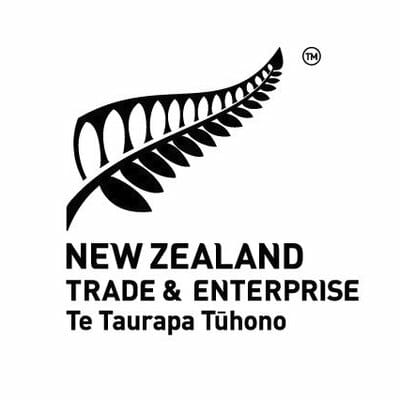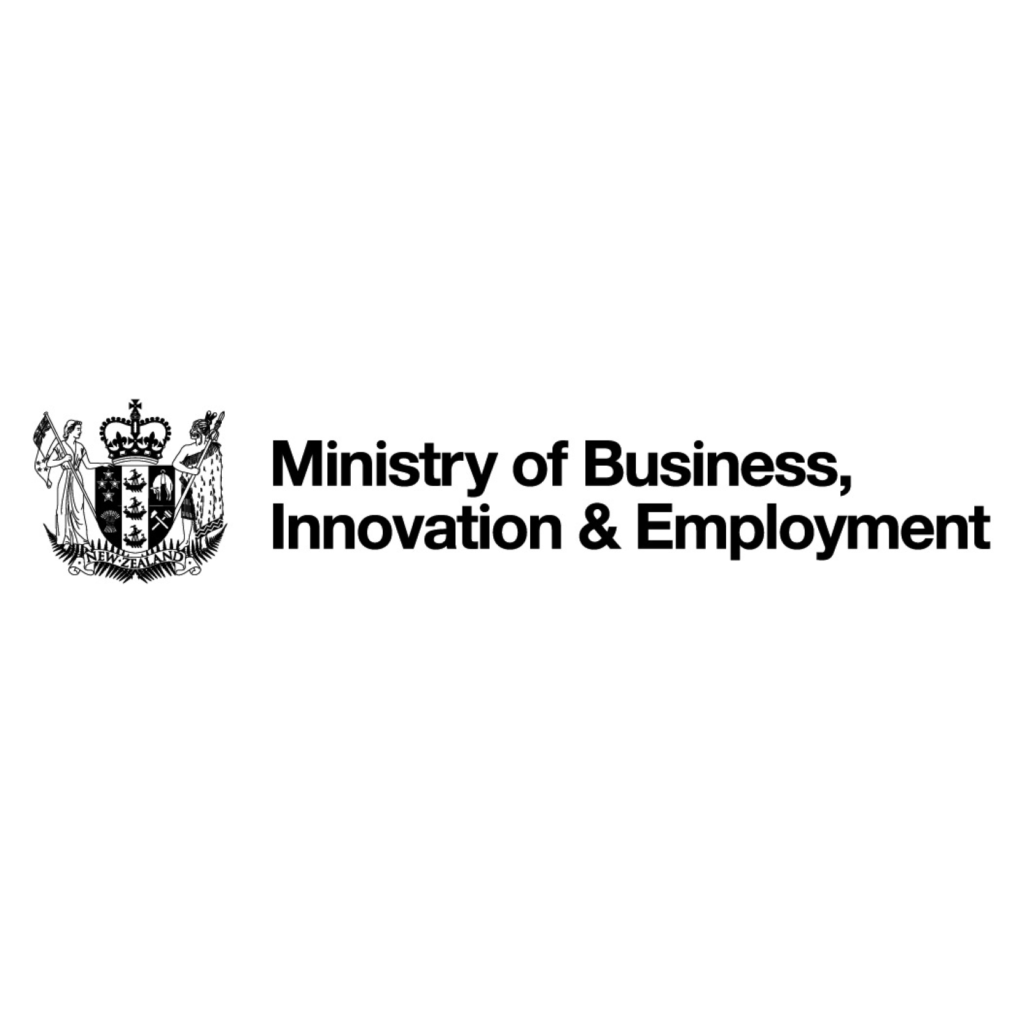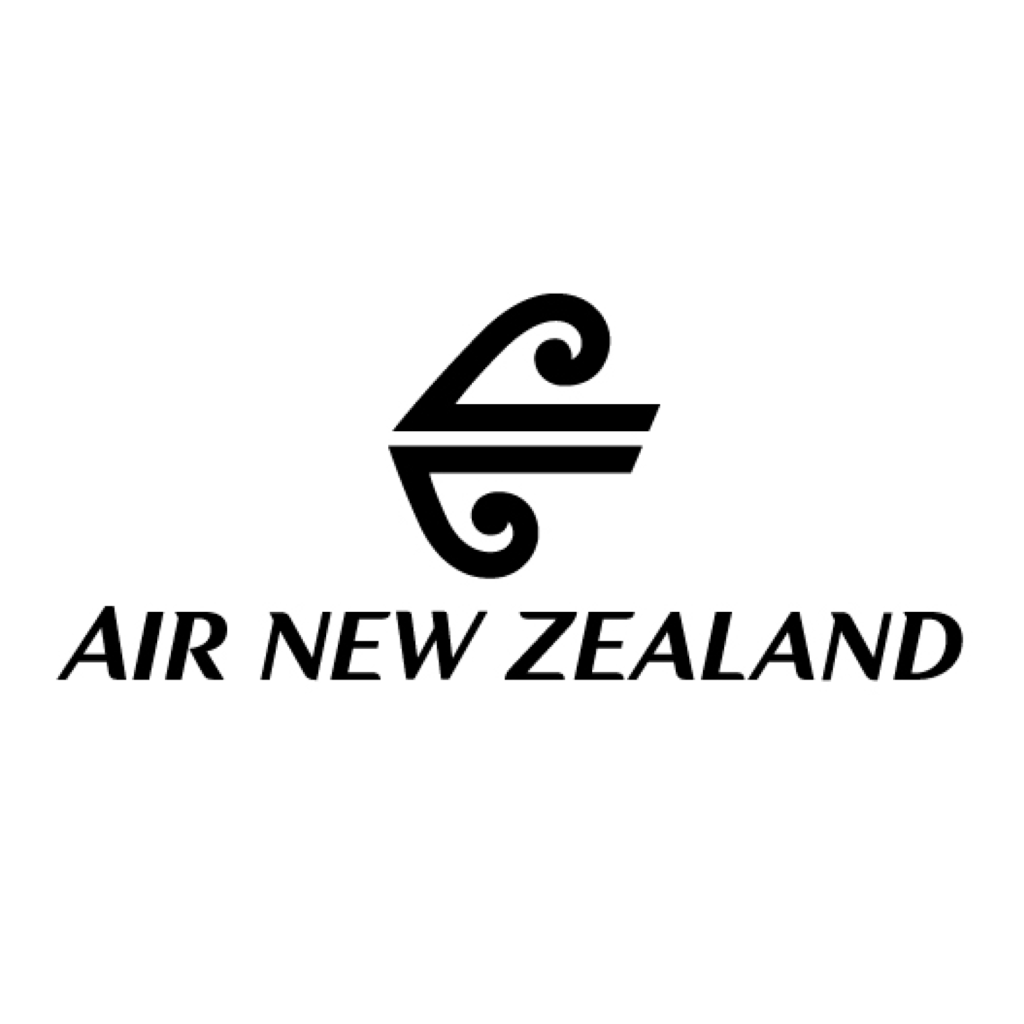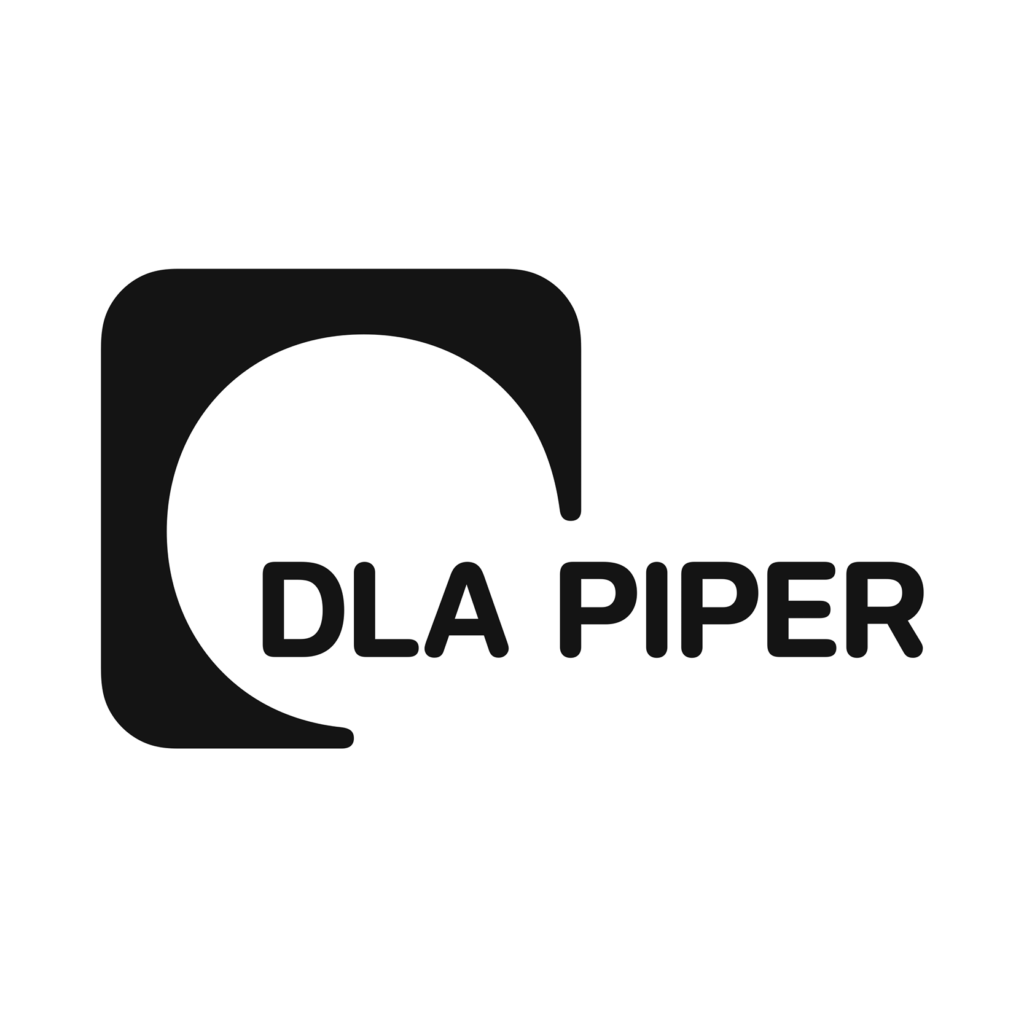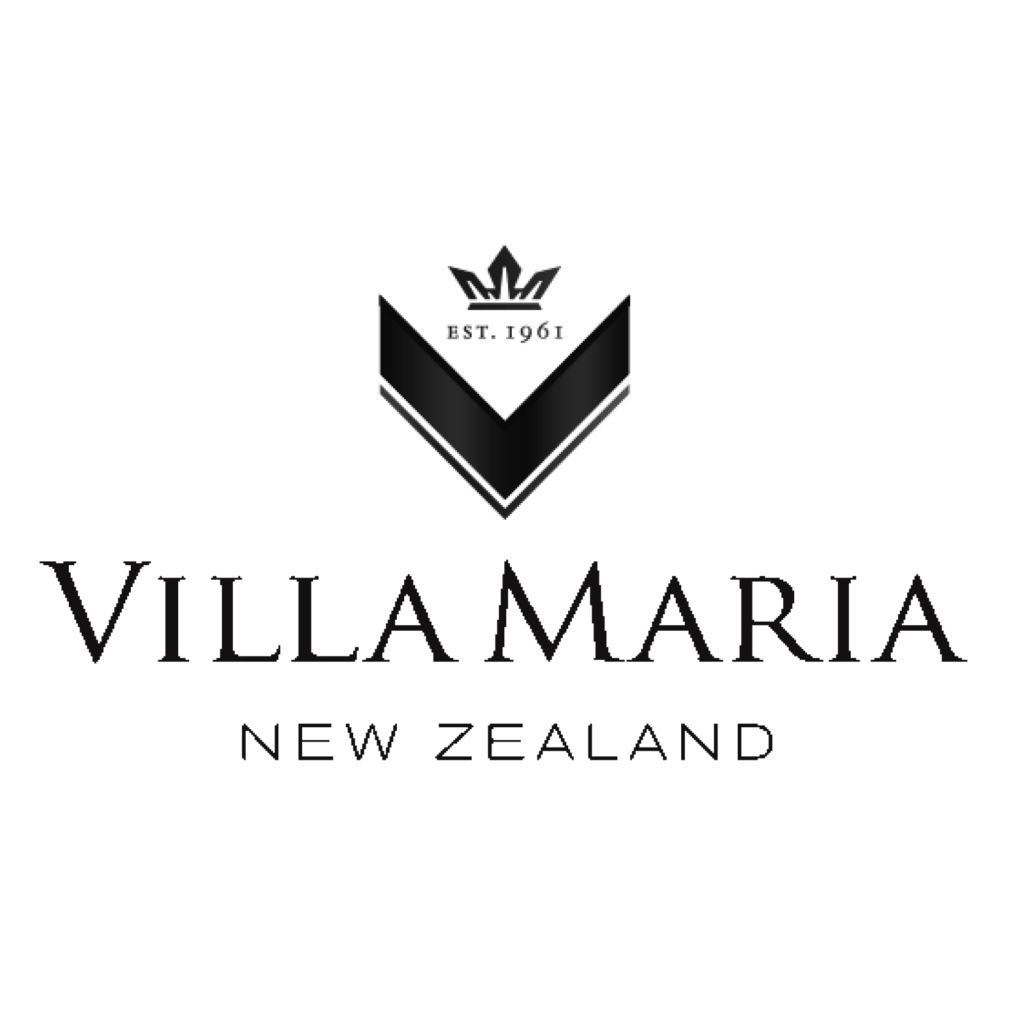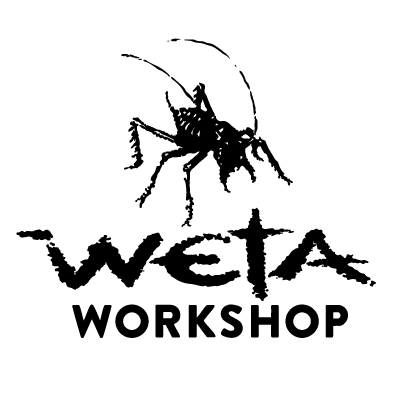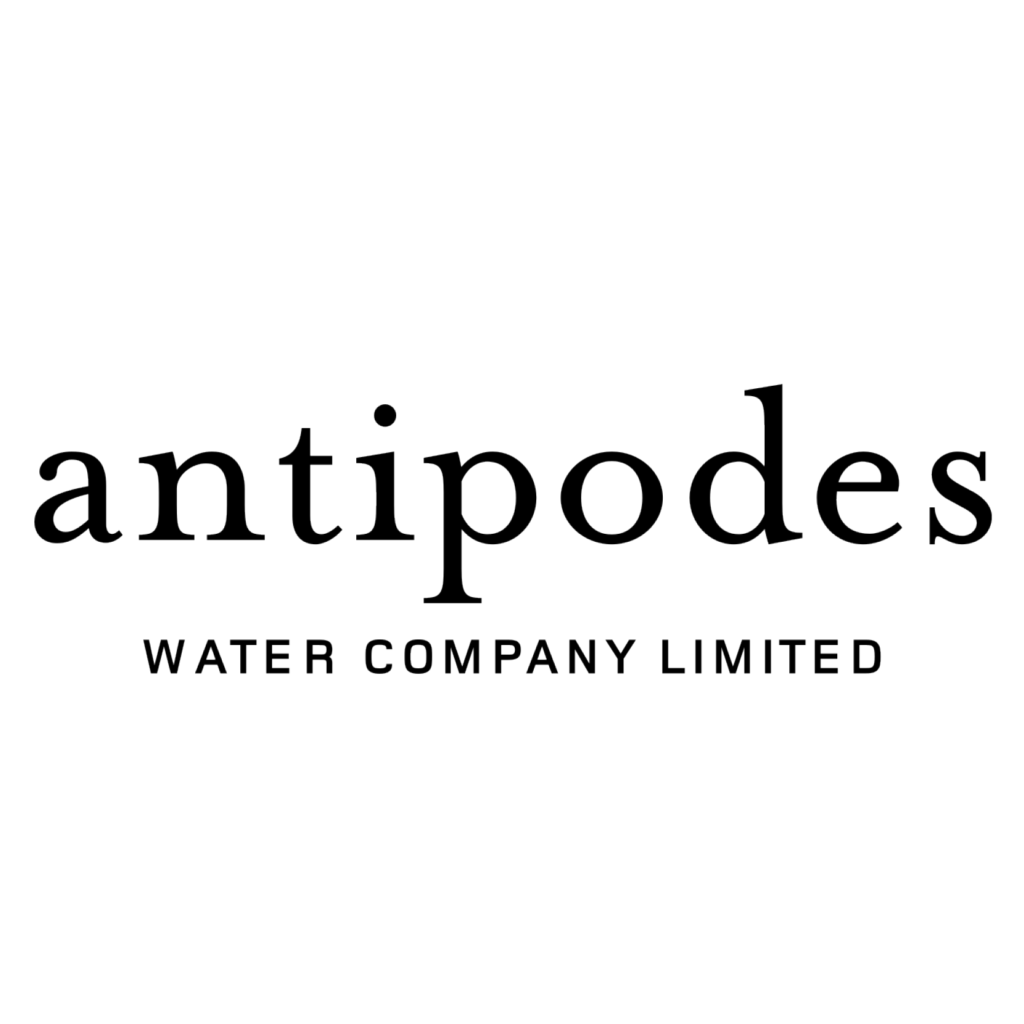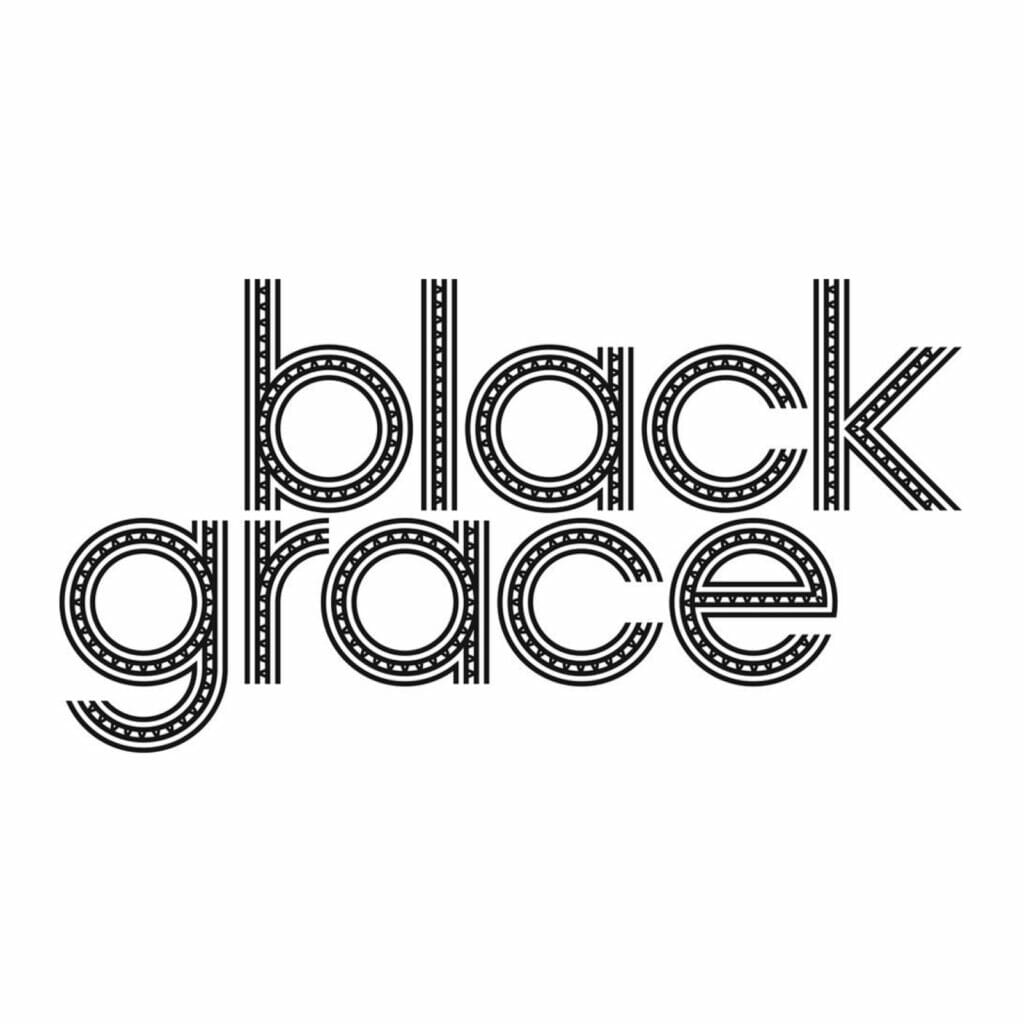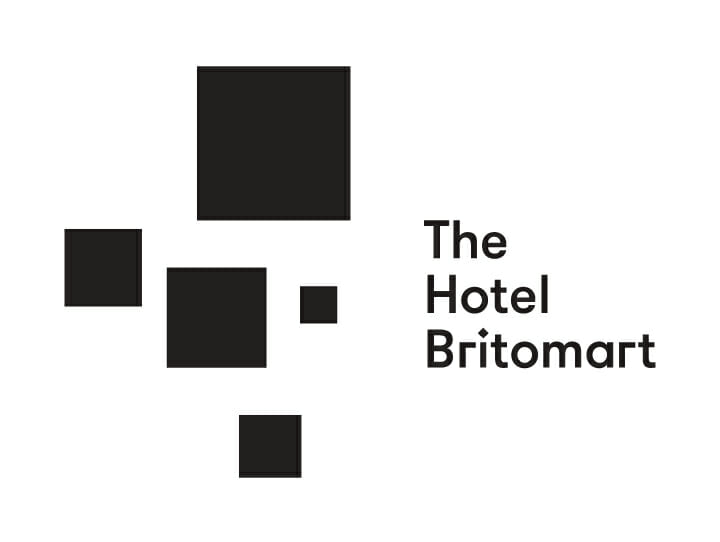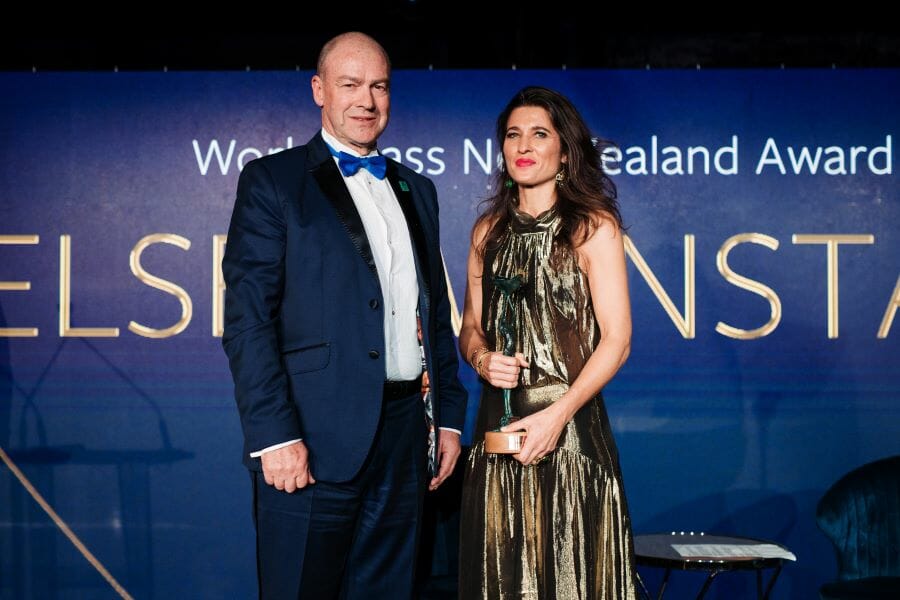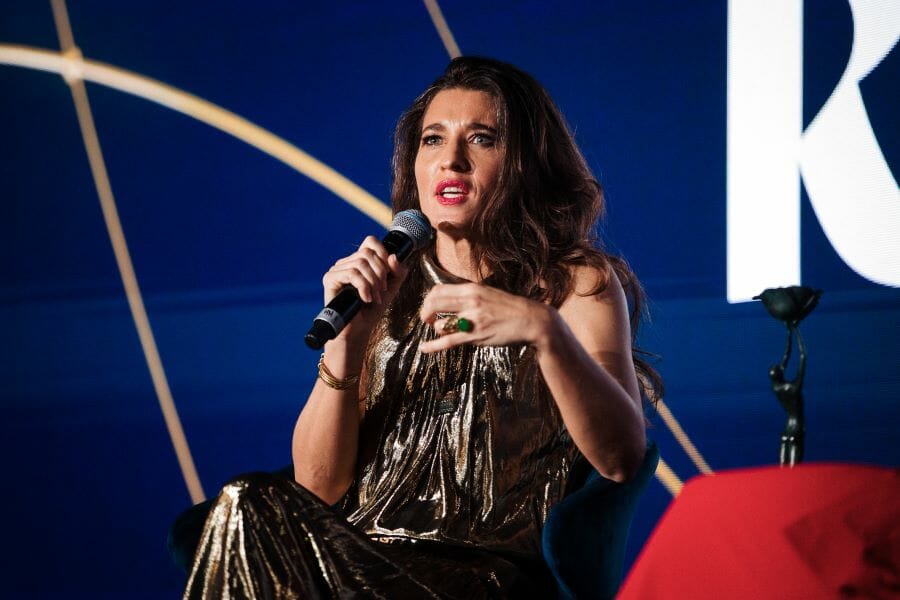This month Kea spoke to Auckland based entrepreneur Tim Alpe, co-founder of JUCY group. Tim started JUCY rentals with his brother Dan in 2002, and the business quickly grew to include campervans, accommodation and cruises. However from the highest of highs came the lowest of lows when the pandemic decimated two decades of hard work almost overnight.
Tim talks openly and honestly in our latest World Class New Zealander speaker series, about the destruction of his company during the pandemic. He also discusses the huge affect this had on his mental health, what pandemic has taught him as both a CEO and a father and what he thinks the future holds for New Zealand tourism operators.
Watch the full webinar below.
The aim of our speaker series is to highlight the incredible stories of our World Class New Zealanders and inspire other Kiwi to push the boundaries of their own business goals and expectations. Our World Class community are keen to use their insights and learnings to help others achieve the same heights of success that they have experienced

 MENU
MENU

